Internment: August 9, 1971 - a watershed that hastened old Stormont’s end
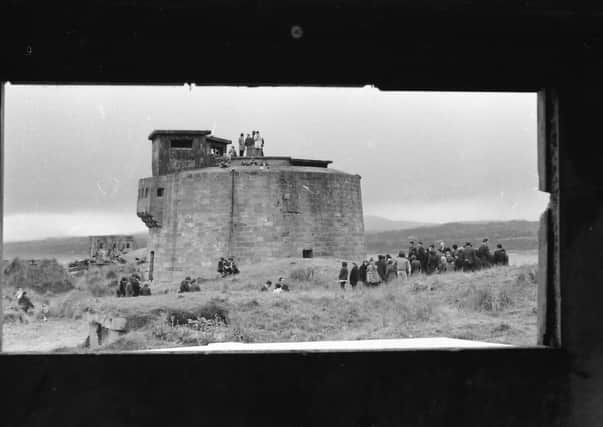

Later that day, August 9, 1971, Ulster Unionist Prime Minister and Home Affairs Minister Brian Faulkner, officially announced the introduction of internment without trial.
“The terrorist campaign continues at an unacceptable level and I have had to conclude that the ordinary law cannot deal comprehensively or quickly enough with such ruthless viciousness,” declared Faulkner.
Advertisement
Hide AdAdvertisement
Hide Ad“I have therefore decided after weighing up all the relevant considerations including the views of the security authorities, and after consultation with Her Majesty’s Government of the UK last Thursday, to exercise where necessary the power invested in me as Minister of Home Affairs,” he stated.
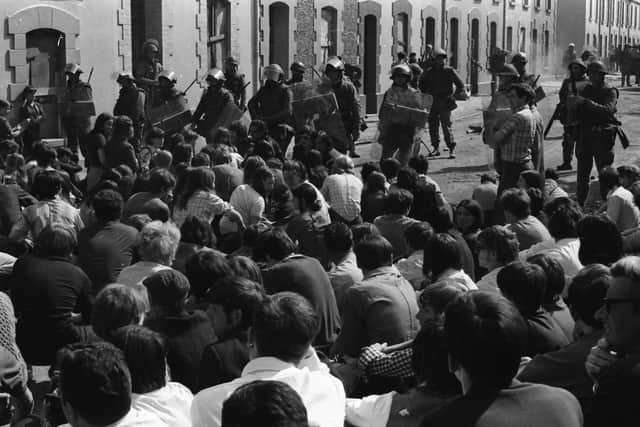

It was a spectacular blunder - connived at by the Edward Heath government in London - that ultimately precipitated the demise of the old majoritarian regime at Stormont. Derry, already seething over the murders of Seamus Cusack (28) and Desmond Beattie (19) by the British Army, almost exactly a month earlier, erupted.
Across the north 300 people were scooped in dawn raids. All of them were from nationalist areas in a bald demonstration of the Stormont government’s intention.
The official opposition at Stormont responded to the draconian security measures by calling for a mass campaign of civil disobedience and asked anyone who held a public position to withdraw from public life.
Advertisement
Hide AdAdvertisement
Hide AdIan Paisley opposed internment because he thought Faulkner was using it to cling on to power. Des Boal, the Derry-born barrister who would co-found the DUP with Mr. Paisley in September 1971, actually opposed it on principle.
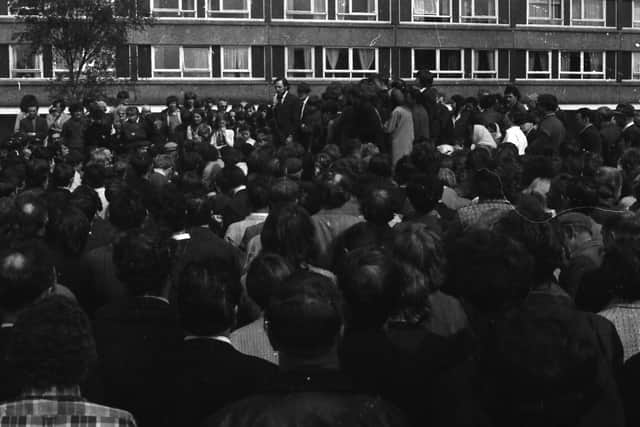

The morning after the imposition of the measures the ‘Journal’ reported that ‘anti-British Army feeling in Derry had escalated to an all-time high’.
In the disturbances that followed the arrests ‘one soldier was seriously wounded and four others slightly wounded by gun-fire.’
“Riots raged from early morning when the security forces swooped on Creggan Estate and the Bogside.
Advertisement
Hide AdAdvertisement
Hide Ad“The ensuing violence centred at the RUC Barracks which faced a day long barrage of stones and petrol bombs. Several bursts of machine-gun fire were also aimed at the troops there,” the ‘Journal’ reported.
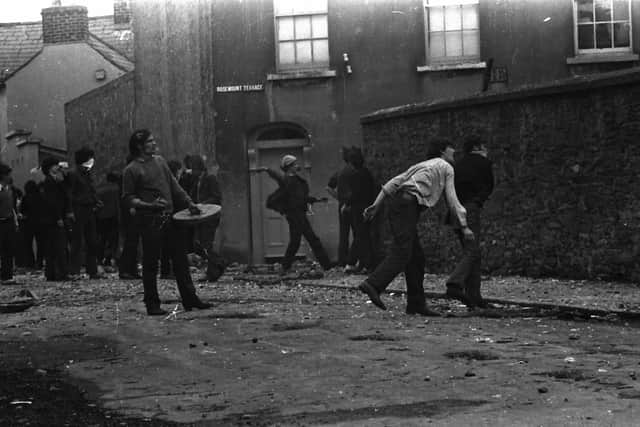

The introduction of internment was a watershed in the history of the conflict in Ireland. Several people - civilians, IRA volunteers and British soldiers - were killed in the immediate aftermath of internment in Derry.
The Ballymurphy massacre took place during disturbances that broke out in Belfast in response to the severe security measures, while the 14 innocent Bloody Sunday victims had been marching against internment.
Derry had been braced for the announcement on Monday, August 9, 1971. At a Derry Civil Rights Association (DCRA) meeting in July that had been called to protest security force swoops on republicans in Belfast Eamonn McCann told a 250-strong crowd: “Internment is only a matter of days and weeks away.”
Advertisement
Hide AdAdvertisement
Hide AdOn August 2, 1971, DCRA, at another meeting in the Bogside, called for civil disobedience and street protests as a means of forestalling the possible introduction of internment.
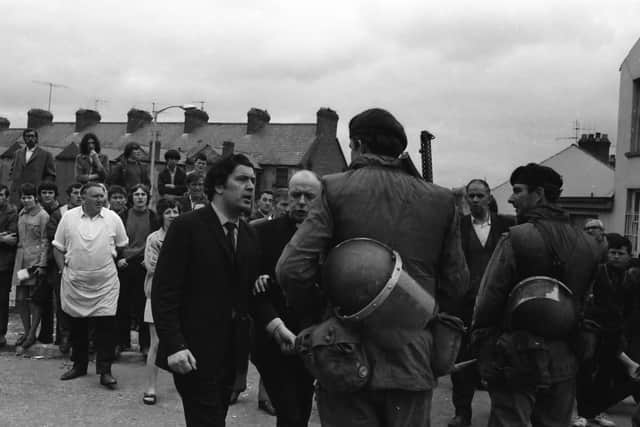

Declassified documents show that the London and Belfast governments had been planning internment for several months. A note of a cabinet meeting on March 16, 1971, records British Prime Minister Edward Heath stressing ‘the necessity of trying to bring events to a head rather than let the situation ramble on for years.’
Peter Carrington, Heath’s defence secretary, presciently responded by saying he ‘doubted whether the IRA would react in the way in which the Prime Minister hoped’.
Heath, it should be recalled, would later claim in his autobiography, ‘The Course of My Life,’ that he had put the RAF on stand-by to break the ‘no-go’ areas in Creggan and the Bogside in 1972.
Advertisement
Hide AdAdvertisement
Hide AdIn March 1971 he ‘turned to the subject of internment and said that he had not yet received a full assessment from the Chief Constable but the Head of Special Branch did appear to be moving towards internment.’
Harry Tuzo, General Officer Commanding and Director of Operations in the north, told the cabinet that he was concerned that more overt army operations would ‘alienate many of the decent Catholics and this would make the army’s position more difficult’ but said he ‘agreed with the Prime Minister that we probably were past the stage of being too gentle’.
The British establishment’s strategic and tactical approach to the north was disastrous and led to a serious escalation of the conflict. On the morning internment was introduced Heath was actually on the Morning Cloud in the Atlantic. He was competing in a yacht race.
Amid the chaos the ‘Journal’ reported the fact thus: ‘HEATH STILL AT SEA. Meanwhile, the British premier sailed on in the Admiral’s Cup yesterday.’